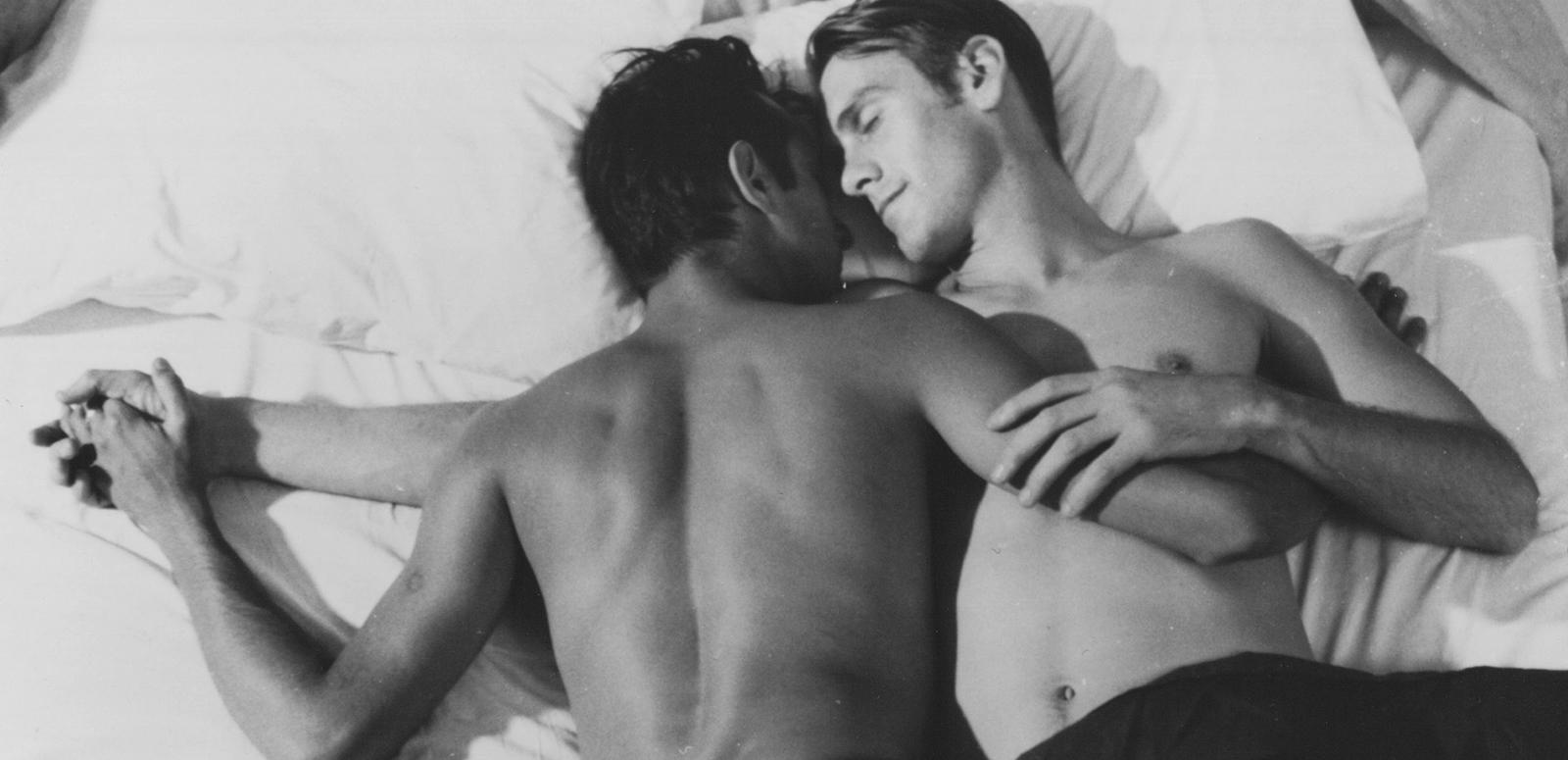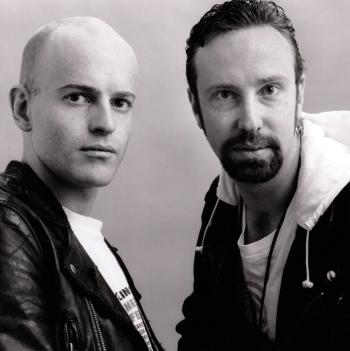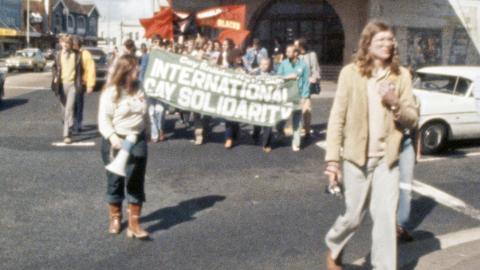The NFSA has digitised, restored and remastered the 9 short films made by Stephen Cummins. Guest writer Simon Hunt, a creative collaborator on Stephen's films, worked with the NFSA on the remastering and writes below about Stephen's life, his films and their impact on queer cinema.
The remastered works premiered at the Mardi Gras Film Festival during Sydney WorldPride on 21 February 2023 and also screened at Arc Cinema at the NFSA in Canberra on 26 March.




